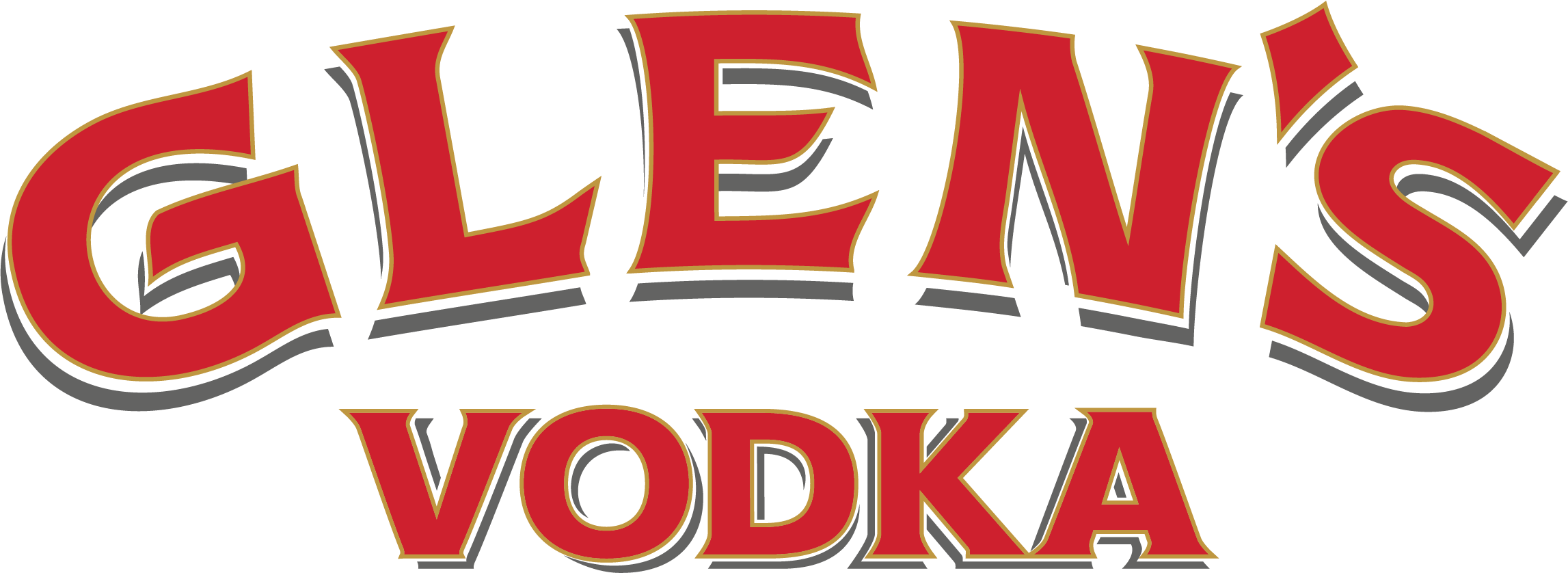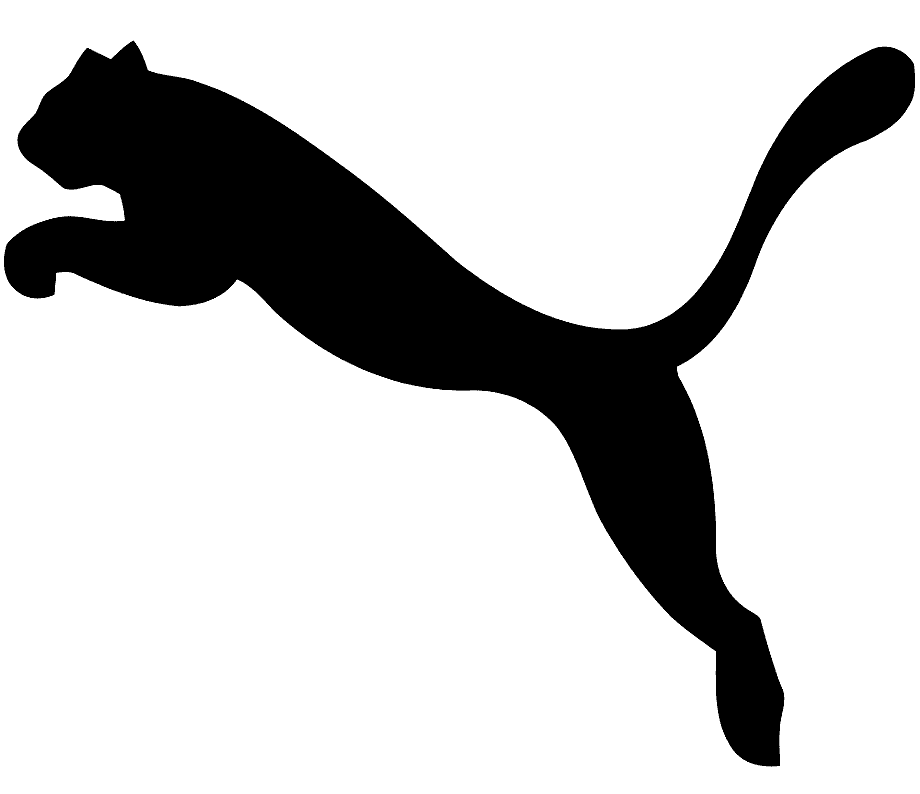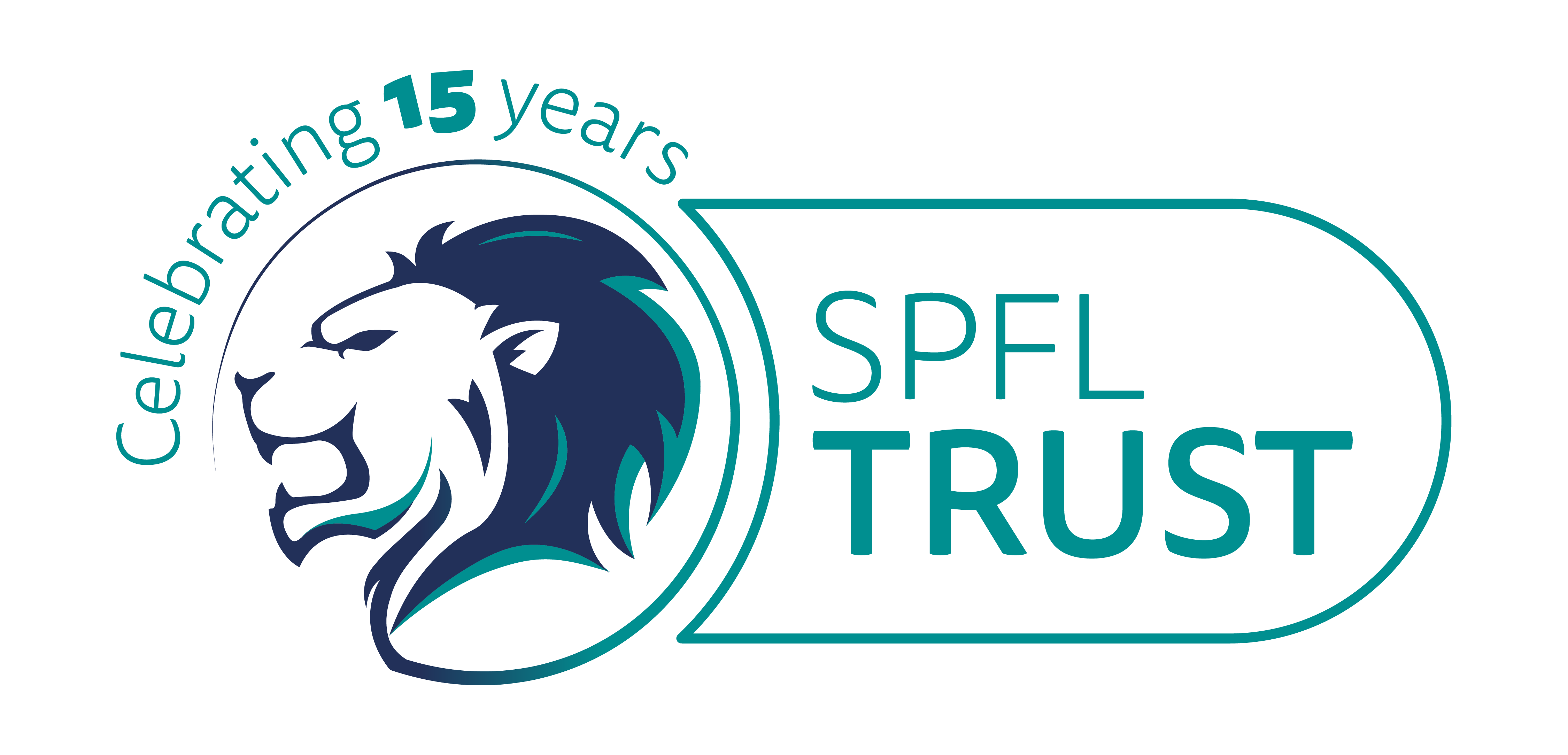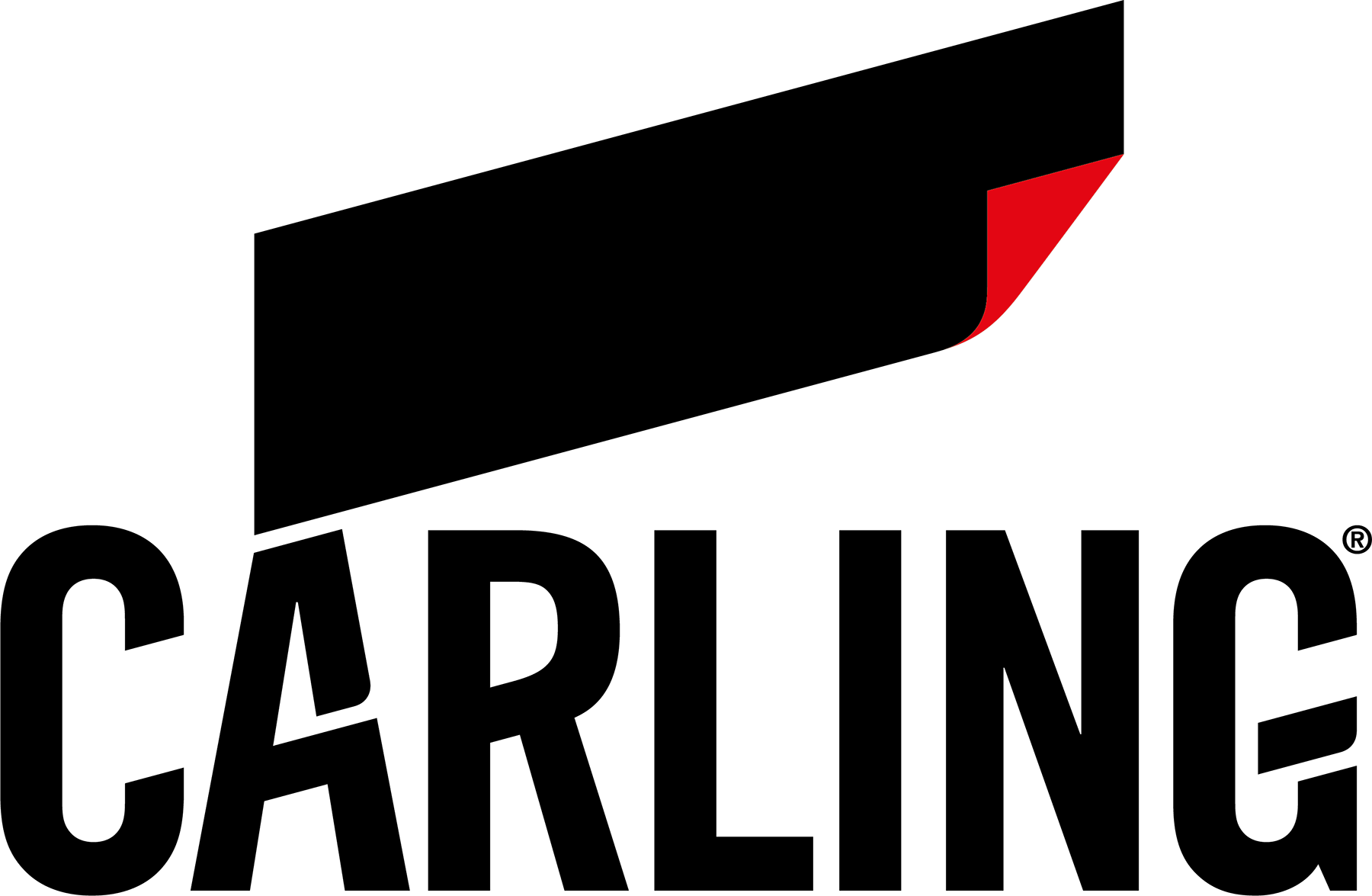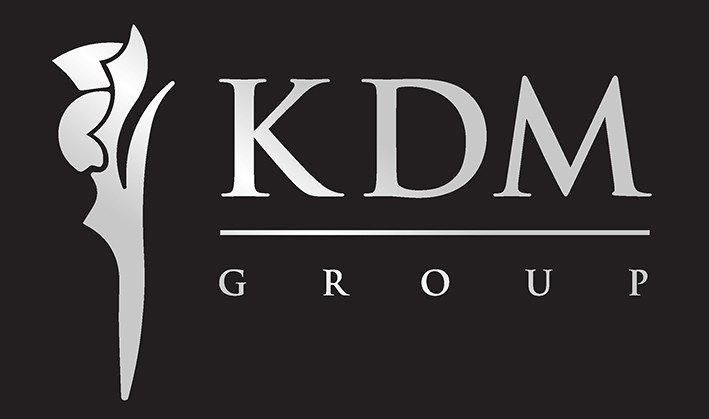Back in December, The Scottish Football League brought you news of conferences held in Glasgow and Perth, where around 100 delegates from clubs and community organisations across Scotland got together to discuss how best to work together to deliver for our communities.
These events well and truly put communities into The Scottish Communities League Cup, highlighting that the work that goes on is truly outstanding. It is certainly a myth that football stadiums and their resources are only used once a fortnight and not at all during the summer.
 We have spoken to representatives from the four clubs involved in this weekend's Scottish Communities League Cup Semi-Finals that highlight the fact that football stadiums are places for the community to gather far more than once a fortnight.
We have spoken to representatives from the four clubs involved in this weekend's Scottish Communities League Cup Semi-Finals that highlight the fact that football stadiums are places for the community to gather far more than once a fortnight.
John Provan, who has been seconded to The Scottish Football League from The Scottish Government for a year to help support the growth of community involvement across football clubs in Scotland was delighted to confirm that there is much more to the Semi-Final stage of the knock-out competition than the strapline of Respect – Responsibility – Tolerance.
Provan, who hosted last month’s seminars, said: “Football clubs have a critical role to play in improving the health and wellbeing of Scotland’s communities. Inverness Caledonian Thistle, Hearts, St. Mirren and Celtic are great examples of the work that goes on just now.”
Provan continued: “The support that The Scottish Government is providing through The Scottish Communities League Cup, alongside their significant investment in other football initiatives, gives us a fantastic platform to help clubs build upon the great work they are already doing and where possible extend their reach into their communities in a sustainable and coordinated way.
“I would like to wish the four clubs and their communities good luck this weekend.”
Our thanks go to – Ben Craigie-Sharland (Heart of Midlothian), Craig Masterton (Inverness Caledonian Thistle), Steven Sweeney (St. Mirren) and Robert Docherty (Celtic) for taking their time to highlight what their clubs do.
First of all, we spoke to the clubs who are taking part in Saturday’s Semi-Final at Easter Road:
Ben Craigie-Shankland (Heart of Midlothian),
The Heart of Midlothian Official Charity is the Big Hearts Community Trust and they are tackled with delivery of the Edinburgh club’s work in the Community with Craigie-Shankland saying: “We have the expected grassroots development football programmes such as skill schools at the weekend and these are by coaches who we invest heavily in to educate.
 “Support from McDonalds and the Tesco Bank projects as well as from The Scottish Communities League Cup areas helps enormously with that.”
“Support from McDonalds and the Tesco Bank projects as well as from The Scottish Communities League Cup areas helps enormously with that.”
It is not all about playing the game with Craigie-Shankland adding: “We like to cater for all age groups in the community. We have a Football Memories Project that we are establishing along with Alzheimer’s Scotland that will establish a museum facility at Tynecastle which will prompt discussion around memories of games and experiences.”
A slightly noisier project in Gorgie centres around Music with Craigie-Shankland advising: “We work on a Music Project with Creative Scotland. We want to give music lessons to children aged from 3 to 18 and they get the chance to do this as the cost is heavily subsidised and they do not need to invest in expensive instruments.
“We have new sessions and new people coming along all the time and what is really encouraging about these classes is that we are attracting a lot of people who would not normally interact with a football club.”
The fabric of Tynecastle is also highlighted to the Community with Craigie-Shankland saying: “There is a Heritage Lottery Project that looks at the history of the Main Stand at Tynecastle. It is one of the oldest timber built stands in the United Kingdom and again we encourage people to come into the club and learn about one of the four stands that are normally just used to watch football from.”
Further projects again show the diversity that the Big Hearts Community Trust is involved in with Craigie-Shankland saying: “In conjunction with the SPL Trust, we run a fit fans project where supporters can come in and work-out at the club. That is open to 35-65 year olds who have a Body Mass Index of over 35. They will work with a health worker on a 13 week programme that helps their fitness as well as educating them for the future.”
The club are also looking to get youngsters to start preparing themselves for employment with Craigie-Shankland saying: “We bring in High School children from first to fourth year for a one day a week project that runs for 10 weeks and introduce them to many of the jobs that are carried out at the club.
“They are given a work kit and go on placement across the various areas of the club including a cooking session, they will meet former players, take part in a music session and also learn to do some football coaching.
 “That really is a fantastic project that starts youngsters thinking about what they would like to do once they leave school.”
“That really is a fantastic project that starts youngsters thinking about what they would like to do once they leave school.”
The diverse nature of the work continues with Craigie-Shankland advising: “We also deliver employability workshops in partnership with the Scottish Association for Mental Health for people in the 16-25 age group.”
Adult literacy is another area where the Big Hearts Community Trust are involved in with Craigie-Shankland saying: “The people attending these courses have varying degrees of literacy and we look to make the most of the potential that they all have. This is a project where we like to get the Manager, John McGlynn, and first team players involved as it really helps to break down barriers.
“There is a lot of community work going on.”
Achievements on the pitch has led to increased community involvement with Craigie-Shankland saying: “The most high profile success for the Scottish Cup holders was getting 13,000 people engaged with the Cup competition in a similar project to the ‘Wave of Support’ Tour that The Scottish Communities League Cup has been on.
“We have taken the Scottish Cup out and about to different schools and created a lot of excitement by doing it. It also brings people closer to the club as players join us on the visit and children can get their picture taken with them and the trophy. These events can create a piece of magic.”
Craigie-Shankland finished by saying: “Tynecastle is open and being used every day of the week in the community.”
Craig Masterton - Inverness Caledonian Thistle
Up in the Highlands, not only is there a football revolution going on, there is a lot of great work within a large geographical area taking place.
 Craig Masterton from the Tulloch Caledonian Stadium club said: “We have three full-time members of staff as well as loads of volunteers and coaches and we offer a lot up here. There is the SPL Football Fans in Training and Music Box but we also offer Still Game as well. That is for adults over 60 and it is a class where they come in and socialise and generally be more active.
Craig Masterton from the Tulloch Caledonian Stadium club said: “We have three full-time members of staff as well as loads of volunteers and coaches and we offer a lot up here. There is the SPL Football Fans in Training and Music Box but we also offer Still Game as well. That is for adults over 60 and it is a class where they come in and socialise and generally be more active.
“We also have school visits in Inverness and beyond, soccer skill classes in Inverness for 5-14-year-olds where we start off with 4x4 small sided games for youngsters.”
Classes have a local monstrous touch with Masterton adding: “We also deliver ‘Nessie Soccer Skills’ for 3-5-year-olds which gives small children the chance to develop some basic skills in a very safe environment."
There is a close link with the future first team of Caley Thistle with Masterton adding: “We also run an elite centre for 8-10-year-olds where we look to identify future players for Inverness Caledonian Thistle from local school teams and boys clubs.
“It is a chance to develop local talent and help make them ready for a Pro-Youth environment. Another big part of our work in the community is the Primary School Football festivals that involve 20 teams coming down to the stadium and playing all day.”
It is not all about football with Masterton adding: “We offer support for people to get back into Employment and that is for adults aged 18 to 65 who are referred to us from Job centres. They are given a seven week programme and access to help with issues such as job searches.
 “We also visit local youth clubs and deliver sessions on various tops such as anti-bullying along with drug and alcohol awareness.”
“We also visit local youth clubs and deliver sessions on various tops such as anti-bullying along with drug and alcohol awareness.”
Masterton is keen to stress the role that the better known employees at the club have as he said: “The players come along to these sessions as does the Manager, Terry Butcher, and his assistant, Maurice Malpas. Having them there really helps get messages over and we are grateful for the support they provide.”
In summary, Inverness Caledonian Thistle are busy in their community with Masterton saying: “All in all, we help with 580 children per week aged between 3 and 17 and we also meet with 40 adults per week with further classes to start soon and that always sparks a lot of interest.”
Steven Sweeney - St. Mirren
Sunday’s semi-finalists are just as busy with Steven Sweeney saying: “At St. Mirren, we certainly encourage participation in a wide range of community based activities. We offer football in line with our colleagues from the SFA. We are involved in football coaching classes, holiday programmes, link ups with local boys clubs as well as the education of coaches.
 “A special Dome is being built at New St. Mirren Park where the three 5-a-side pitches are to allow these sessions to go in an indoor environment. We look to encourage participation in football from the age of three years of age.”
“A special Dome is being built at New St. Mirren Park where the three 5-a-side pitches are to allow these sessions to go in an indoor environment. We look to encourage participation in football from the age of three years of age.”
The Paisley club go beyond football and their St. Mirren Park home with Sweeney adding: “We are also involved in Renfrewshire Street Stuff which is a programme that runs six nights a week. It offers young people aged between 13 and 18 a diverse range of things to do rather than hanging about on the streets.
“That is run from various locations including Paisley, Johnstone, Erskine, Linwood, Renfrew and St. Mirren Park and it is a partnership with Renfrewshire Council, Strathclyde Police, Strathclyde Fire and Rescue, Engage Renfrewshire, Arriva, Warden Services, McGill’s Buses and Reid Kerr College.”
Sweeney is quite rightly proud of what the Renfrewshire Street Stuff programme has achieved saying: “We offer them activities like football or dance and generally look to engage with the young people. We like to view it as a success as disorder crimes have been cut by 62% in the group that we look to engage with.”
Like other clubs, there is no age barrier to community work with Sweeney saying: “There is also a programme that meets every Monday and Friday in the football stadium to help with mental health amongst the elderly.
“It focuses on a number of areas and in particular, healthy living and again it is a partnership with RCHI, Healthy Scotland and Scottish Association for Mental Health. We work with this group to promote self-esteem, talk about safety in the home and give them some gentle exercise as well as a cup of tea and the chat that they need.”
Again, help in securing a job is provided from within a football club as Sweeney said: “We work on employability with referrals from a local Job Centre and that can be anything from helping them write a CV to providing them access to a computer to carry out job searches.”
One particular channel that can help secure employment is the ‘‘Zone into Sport’ programme that is carried out with Verge and that looks to help people gain employment within the Sport and Leisure industry.
Sweeney said: “We guide the attendees towards a measureable qualification in areas such as First Aid, Manual Handling and Coach Education. This is an eight week almost desk based programme followed by an eight week work placement.
 “We have seen a high success rate of people going on to find jobs. It is great that we have the funding for this programme as it is one that keeps us very excited when you see people starting off with little knowledge and experience and ending up with a job.”
“We have seen a high success rate of people going on to find jobs. It is great that we have the funding for this programme as it is one that keeps us very excited when you see people starting off with little knowledge and experience and ending up with a job.”
Sweeney continued: “The club and the stadium, as well as football, is at the heart of everything that we do and they are all used to promote healthy lifestyles. It is great to have the resources we have in terms of the staff and the stadium and that we are also supported well by the First Team Manager, Danny Lennon, and his players.
“It is also a good carrot to dangle in front of people that they will be visited by players and management and we are lucky to have such good role models who are a big inspiration to a lot of people.”
Lennon certainly gets involved with Sweeney explaining: “Danny came in to see the group that had been referred from the Job Centre and talked through his career and answered a lot of questions which really lifted everyone’s spirits.
“The first team had been on a disappointing run at that time and Danny joked that he may need one of the chairs on the other side of the table next week. The attendees were pleased that he was able to relate to their situation in that way."
Robert Docherty - Celtic
St. Mirren’s opponents, Celtic, were of course, formed for charitable purposes in November, 1887 and doing things for the benefit of others continues to this day through The Celtic Foundation and the Celtic Charity.
The Celtic Foundation has come a long way since it was established in 2006 to coordinate the club's charity, educational and community work under one umbrella. At that time, there was five key areas that were being worked on and they were:-
- Celtic Charity Fund.
- Celtic Learning Programmes and the Learning Centre.
- Football in the Community and community coaching programmes.
- Celtic girls' community programme, Girls' Academy and women's teams.
- Specialist programmes and projects.
There was also Specialist Projects in:-
- Health and wellbeing.
- Employability.
- Social inclusion.
- Celtic Against Drugs.
- Anti-bigotry issues.
 Robert Docherty brought the SFL Newsletter up-to-date saying: “Over the past few years, the Celtic Foundation and its partner, the Celtic Charity, has been involved in more educational, community, and charitable work that any other time in the club’s history.
Robert Docherty brought the SFL Newsletter up-to-date saying: “Over the past few years, the Celtic Foundation and its partner, the Celtic Charity, has been involved in more educational, community, and charitable work that any other time in the club’s history.
“The Foundation looks at a number of issues including Education, Social Inclusion, Health and well-being and we probably interact with 5,000 to 6,000 people every year. The Charity looks after the other areas including developing the girls football side of things.”
Docherty continued: “We have 40 projects on the go that could be classed as small, medium and large ones. We either run them from the club or in partnership with schools. We have five full-time people employed in the Foundation and two full-time in the Charity as well as hundreds of volunteers and coaches.”
The club' reach goes far beyond Glasgow with Docherty adding: “The geographic spread of the Foundation starts in Glasgow’s East End but moves across the city across Scotland and across to Ireland and beyond.
"We look to do work that is far reaching and carry it wherever a young person or an adult are marginalised.”
The support for the Foundation comes from the top at Celtic with Docherty adding: “The club are a very passionate supporter of what we are trying to do and the Chief Executive, Peter Lawell, talks about the Foundation and the Charity being a key plank in Celtic, in fact just as much as the commercial side is.
“He is very keen for the club to do more.”
Celtic Park is a hive of community activity with Docherty saying: “We have used Celtic Park for the past few years to run programmes to assist us with our aims. We operate every day and on evenings when games allow and I can safely say that Celtic is not just playing football matches.”
The Celtic Foundation and Charity are supported by two well known public figures with Docherty adding: “Billy Connolly is the patron for the Foundation and Elaine C. Smith is the patron of the Charity and the Girls and Ladies football.
“We have never managed to get the two of them together but it would be a laugh if we do. The main thing is that they are very supportive of the work that is carried out by both the Foundation and the Charity.”
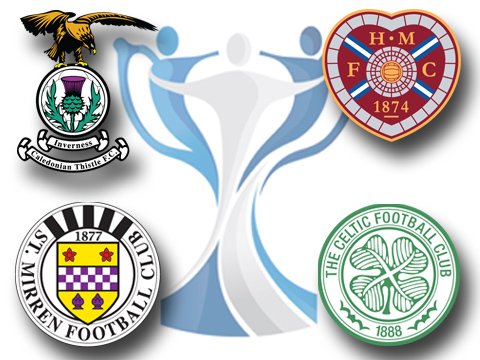




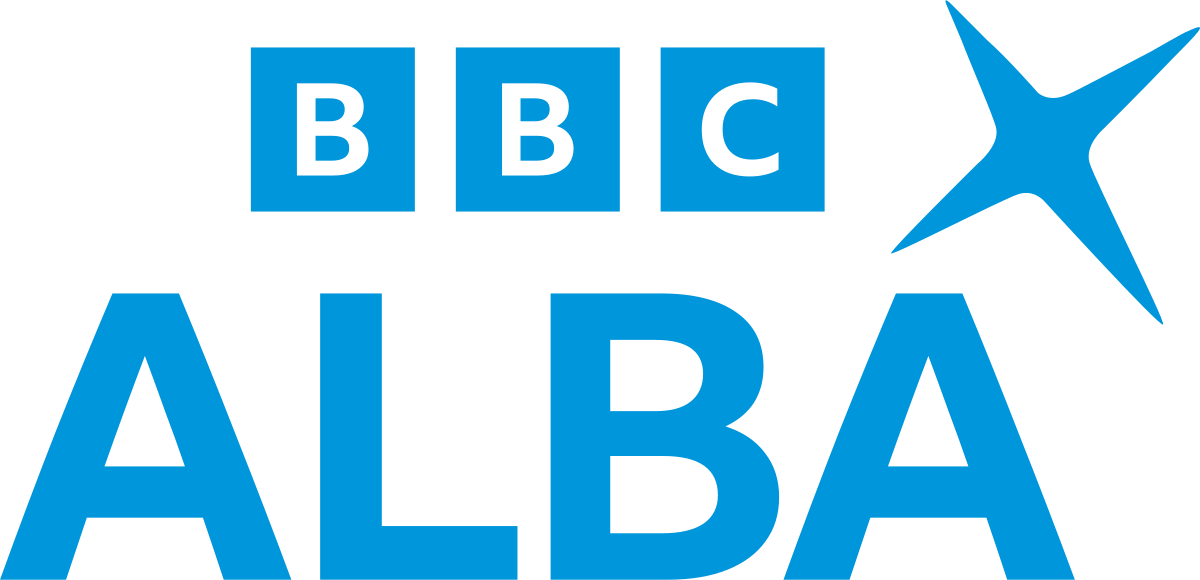
.png)
